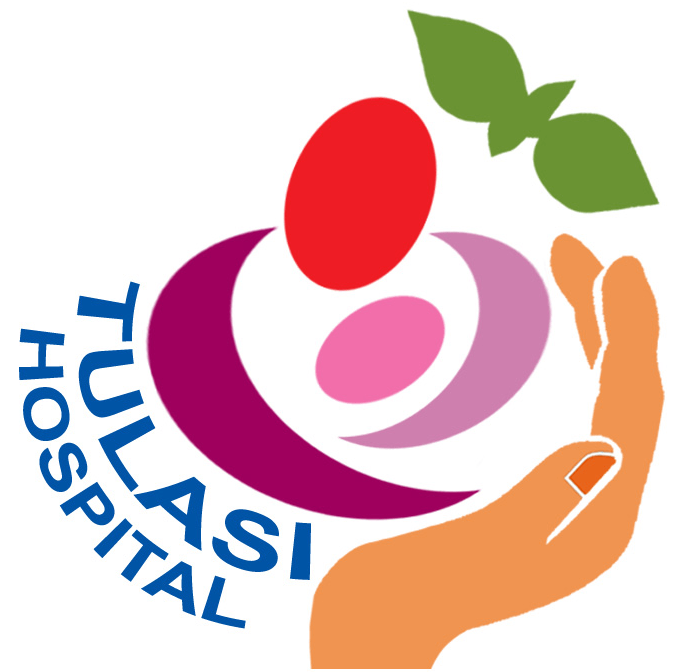Proctitis occurs when the rectum becomes inflamed, leading to symptoms such as uncomfortable bowel movements and possible bleeding. Understanding the causes of proctitis is crucial to finding ways to prevent it. By knowing the risk factors and symptoms, individuals can seek timely treatment and possibly avoid complications, improving their overall quality of life.
Introduction to Proctitis
Proctitis is when the last part of the colon, known as the rectum, gets inflamed. This can cause pain, bleeding, and a sense of urgency when you need the bathroom. It’s important to recognize these symptoms early, so you can get treatment right away. Educating people about proctitis can help reduce its occurrence, enabling individuals to lead healthier lives without discomfort.
Who Can Get Proctitis?
Anyone can develop proctitis, but some people have a higher risk. Typically, adults in the 20-50 age range are more susceptible. Sexual practices play a notable role, especially for those who engage in anal intercourse, which increases the risk. Men and women are equally affected, but factors like diet and personal hygiene habits also contribute to the development of proctitis.
Common Symptoms of Proctitis
Recognizing the symptoms of proctitis is important for timely treatment. Symptoms can include:
- Pain and discomfort: Especially during bathroom trips, it can be sharp and unpleasant.
- Bleeding and Discharge: You might notice blood or mucus in the stool.
- Tenesmus: Feeling like you need to go, but nothing happens.
- Diarrhea: Frequent need to use the bathroom with loose stool.
- Incomplete Evacuation: Always feeling like you didn’t finish a bowel movement.
Exploring the Main Cause of Proctitis
The causes of proctitis are varied. Autoimmune disorders like Crohn’s disease and ulcerative colitis often contribute. Medications like NSAIDs can worsen it too. Sexually transmitted infections (STIs) are a common source, including things like gonorrhea or chlamydia. Another cause of concern is gastrointestinal infections like C. diff, which can also trigger inflammation in the rectum.
Can Proctitis Be Cured Permanently?
Treatment options exist and they are fairly effective, but a permanent cure isn’t always guaranteed. Medication can help reduce inflammation and manage symptoms. However, in some cases, proctitis can become a chronic condition, requiring ongoing medical attention to prevent flare-ups.
Preventing Proctitis
To stop proctitis before it starts, consider taking these measures:
- Always practice safe sexual practices by using protection and getting regular STI screenings.
- Eat a well-rounded diet that includes lots of fiber to support digestive health.
- Keep away from chemicals or pollutants that can irritate the rectal area.
Dietary Influences on Proctitis
What you eat significantly impacts the risk of proctitis. Spicy and fatty foods can irritate the rectum, so look for healthier alternatives. Foods rich in fiber, like whole grains and vegetables, can help protect against inflammation by promoting regular bowel movements.
Lifestyle Choices for Prevention
Certain lifestyle choices can lower the risk of developing proctitis:
- Avoid smoking and alcohol, as they can affect the health of the rectum negatively.
- Stay active. Regular exercise helps maintain overall fitness and well-being.
Impact of Stress and Mental Health
Stress isn’t just a mental issue; it affects physical health too. Stress-induced inflammation can worsen proctitis symptoms. Strategies like mindfulness, yoga, or simply talking to someone can help manage stress. Keeping stress in check can also potentially lower the likelihood of developing rectal inflammation.
Role of Traditional and Alternative Medicine
While conventional medicine is key, some find relief through alternative approaches. For instance, Ayurveda offers herbal remedies that may help. Simple home remedies like warm baths or natural stool softeners can provide temporary relief. Always discuss with a doctor before trying new treatments at home.
Case Studies: Overcoming Proctitis
Personal stories can be powerful motivators. Many have successfully managed proctitis through dietary choices, medication, and lifestyle adjustments. These stories emphasize consulting healthcare providers for a comprehensive treatment plan. Such experiences inspire others to focus on health and seek support.
Impact on Daily Life and Productivity
Proctitis can severely impact personal and professional life. Pain and frequent bathroom trips interrupt daily activities. Yet, understanding and managing the illness significantly improve life quality. Staying informed encourages individuals to address their health needs proactively and effectively.
Complications of Untreated Proctitis
Without treatment, proctitis can lead to serious issues:
- Severe bleeding can result in anemia, needing urgent care.
- Frequent diarrhea risks dehydration, affecting overall health.
- Chronic pain is possible without proper treatment.
Recognizing the need for early intervention is vital to avoid these complications.
Early Diagnosis and Treatment Outcomes
Seeking treatment early leads to better outcomes. Recognizing the symptoms of proctitis, addressing them swiftly, and following medical advice can prevent escalation of the condition and enhance quality of life.
Conclusion: Prioritize Rectal Health
Rectal health is often overlooked, but it’s crucial for overall well-being. By learning about the causes of proctitis, individuals empower themselves and can take better precautions. Always consult medical professionals for advice and solutions tailored to individual cases, ensuring a proactive approach to health management.


